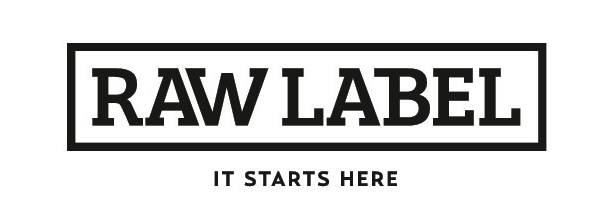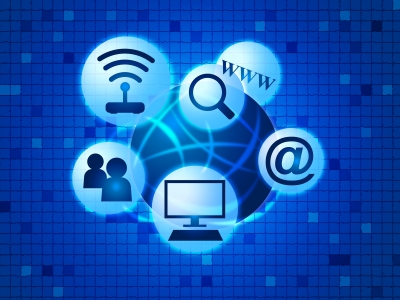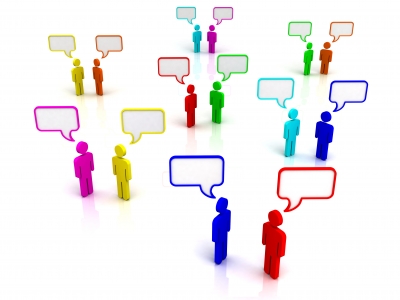Probably – roughly two-thirds (64%) of US adults are[1]. But, do you get your news from Facebook? If you said yes, you’re in good company. “According to the Pew Research Center, approximately 30% of US adults get their news via Facebook. Additionally, 10% get their news on YouTube, and 8% from Twitter.”
What does this tell us about the spread of news in our technological and interconnected world? It is dynamic and it spreads quickly, resulting in a population that is informed – but are we well informed?
That is the question.
How did you find out Osama Bin Laden had been killed?
I found out on Facebook. This is my first memory of learning of a major news story from social media, and maybe you had a similar experience. Is this trend a good thing or a bad thing? We don’t know. What we do know, however, is that the trend is increasing, and it therefore merits our attention.
Information now comes at a very large quantity – but is it quality?
Take the current Ebola crisis, for example. Amidst fear of the virus’s spread in the US, news coverage took off. Ebola was trending on twitter, it overtook the Facebook news feed, and it dominated television news. Of course, not all of this coverage is going to be useful. Misinformation began to circulate rampantly; rumors that the virus had mutated to become airborne being the most prominent example. CNN, one of the biggest culprits of this over-excessive coverage, published this article.
Yep, we get the irony. An epidemic of fear, termed ‘fearbola’, took root across the U.S. At the same time, the hashtag #factsnotfear became popular on twitter, aiming to spread the true facts, not just speculation and fear.
How can you navigate this slew of information?
What is quality, and what is propaganda?
Social media seems like it’s here to stay, so we must learn to discern what is factual and what is not. Social media is a tool; your Facebook profile, your twitter feed, these are just additional outlets for conversation. So, use them! You can get your news and talk about it within the same platform, and that is pretty cool. The example of the Ebola epidemic shows how both positive and negative information can be spread via social media, so it is important to be an astute consumer of this information onslaught.
We encourage you to talk about the information you read, in order to decode it and form your own opinions. Whether this is online or in person (with your friends, your coworkers, etc), the power of conversation is one of the most powerful tools we as human beings possess, and at Raw Label our goal is to encourage and inspire conversations that matter!
What are your thoughts? Let us know in the comments section!
[1] http://www.pewresearch.org/fact-tank/2014/09/24/how-social-media-is-reshaping-news/


